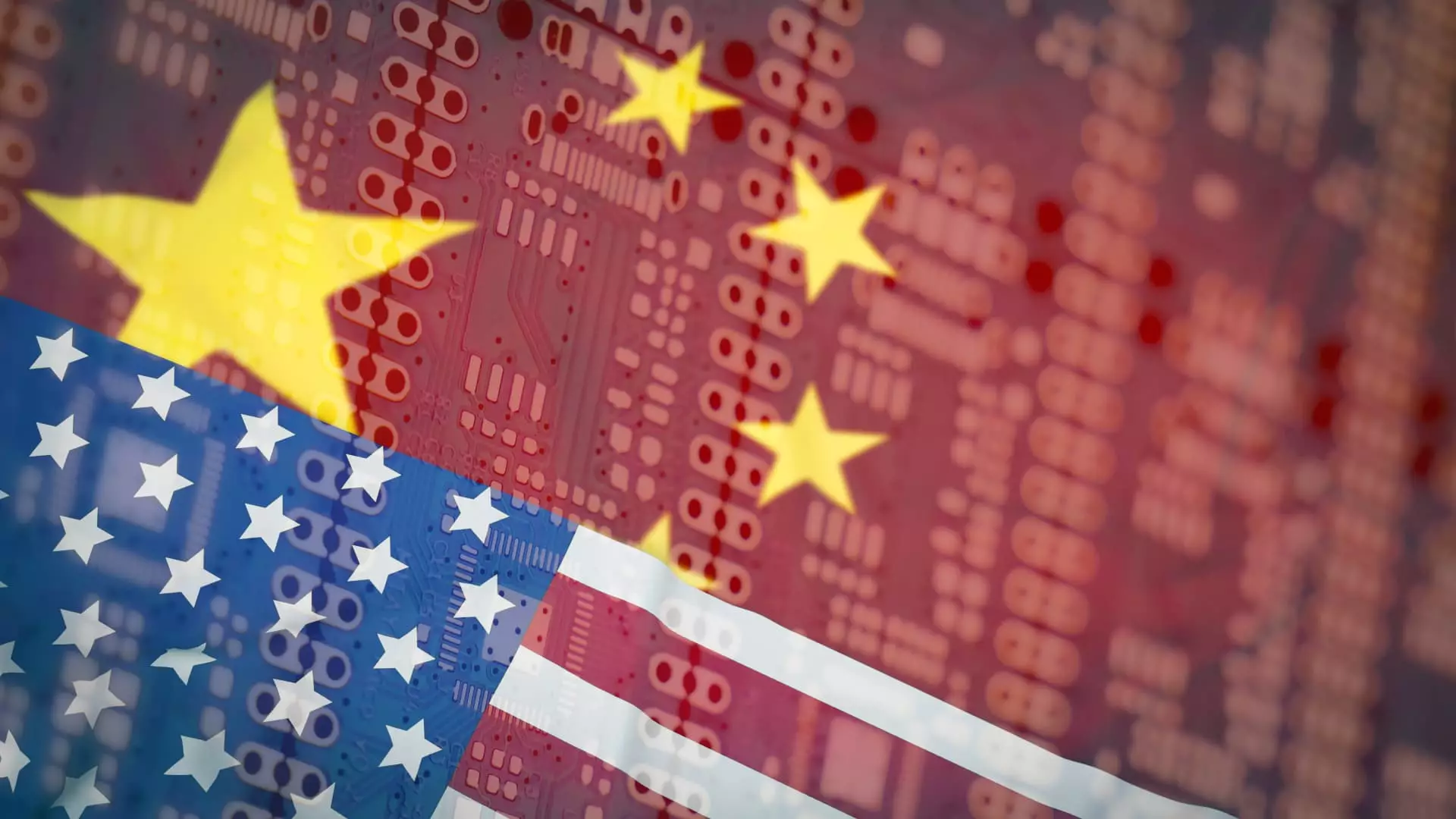In a significant step, the Biden administration announced on Monday the initiation of a comprehensive investigation into legacy Chinese semiconductors, which are integral components in various industries, including automotive, consumer electronics, and national defense. This action underscores ongoing concerns regarding China’s practices in its semiconductor sector, which the U.S. claims are not aligned with fair market principles. The White House stated that China frequently employs industrial targeting tactics and non-market strategies that endanger fair competition and create unhealthy dependencies in critical semiconductor supply chains.
The formal inquiry, conducted under Section 301 of the Trade Act of 1974, will specifically investigate China’s methodologies concerning the production of silicon carbide substrates and other wafers that are key inputs for semiconductor manufacturing. The U.S. government is not merely focused on the cutting-edge chips that are crucial for artificial intelligence but is extending its scope to include older legacy chips, reflecting a broader strategy to assess and mitigate the nation’s reliance on Chinese semiconductor technologies. This investigative effort aims to evaluate the impact of such dependencies on vital infrastructures, from telecommunications networks to the national electrical grid.
The intensification of scrutiny on legacy semiconductor production represents a marked escalation in the U.S.’s stance towards China’s semiconductor capabilities. Historically, Washington’s focus has been largely on advanced chips, indicative of the rapidly evolving tech landscape; however, legacy chips—despite being produced using less sophisticated methods—are nonetheless critical for a range of applications. This redirection may signal a pivotal shift in U.S. trade policy, where even older forms of technology will now be subjected to a rigorous evaluation of their counterparts in China.
The investigation could lead to significant outcomes, including the possibility of imposing tariffs on Chinese legacy chip products. Such measures could drastically reshape the trade dynamics between the two nations, particularly as the Biden administration continues its path of imposing increased tariffs on various tech products, including electric vehicles and semiconductors. Interestingly, the timing of this probe coincides with a transitional phase in the U.S. presidency, as the findings of the investigation might influence the economic strategies of the incoming administration under Donald Trump, reiterating the unresolved tensions between these global powerhouses.
While American semiconductor companies largely dominate the market in advanced chip technologies, China has made significant inroads in manufacturing legacy chips. This dichotomy illustrates a generational gap in technological capabilities, yet China’s ability to produce such chips at scale provides a competitive edge that cannot be overlooked. The forthcoming investigation serves not only to dissect the specifics of these challenges but also to prepare the U.S. for a future that necessitates securing its technological independence. As the global landscape continues to evolve, it remains paramount for U.S. policymakers to navigate these complexities with a strategic and informed approach.

